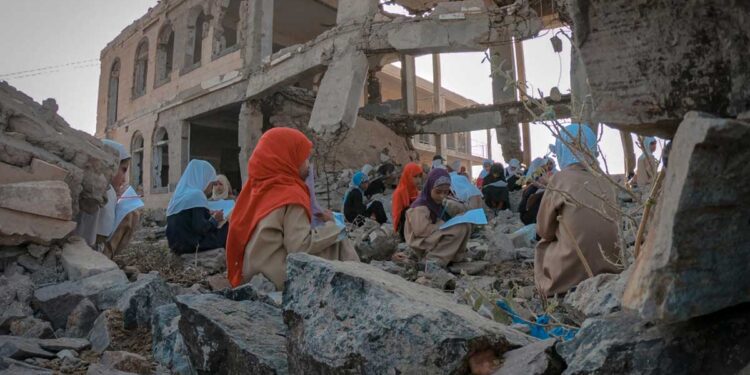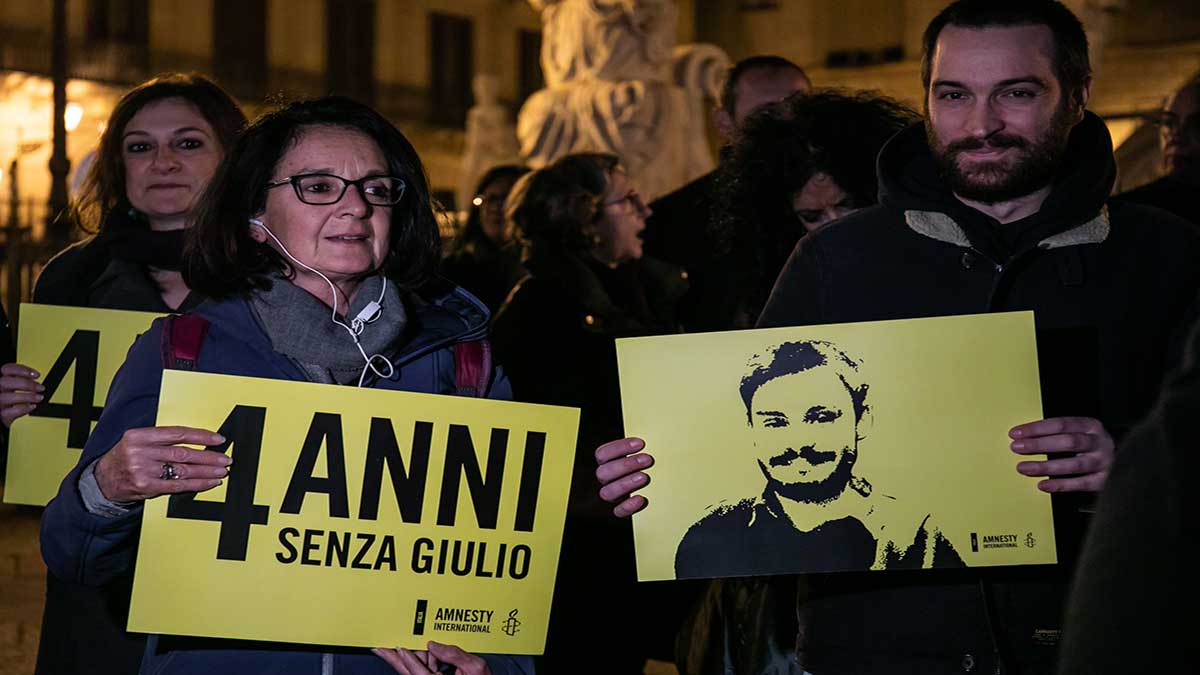Exchange of views on Yemen:
The Sub-committee for human rights hosted an event on Tuesday, 1st December, in the European parliament in Brussels to discuss the impunity and absence of responsibility for the warring parties in Yemen. The event was chaired by Marie Arena who called on 3 speakers; Kamel Jendoubi, Parke Melissa, Imseis Ardi.
Chair: M. Arena
Speaker: Mr Kamel Jendoubi
Chair of the united nations groups imminent experts on Yemen
As in Previous reports, the expert groups continue to study and draw its conclusions on violations that all parties in the conflict are showing when it comes to civil rights. There have been bombings, obstacles to humanitarian aid, sexual violence, detention, forced disappearance, attacks against journalists and human rights workers.
Impunity is endemic in Yemen, it’s a ravished country at a time where Covid-19 hits the hardest, no resolution looks in sight. Less than half of the health facilities operate but even those that do are underequipped and understaffed. The epidemic is increasing the risk of loss of guardianship which leads children to be recruited to fight, force marriages and so on.
UNICEF have been talking about the impact the conflict it had and the constraint it had on the system. They estimate that 7.8 million children are affected by this. The expert group has found some reasonable grounds to belief that all sides involved continue to violate children rights and continue to use children as soldiers and involve them in the conflict. The group also concludes that the use of schools for military purposes alongside the recruitment of the children will plunge the country into further chaos.
One key element of our mandate is to establish responsibility for their violations of international law and international human rights. in a different report the group highlights the level of impunity and the absence of responsibility for serious violations that are identified.
The expert group has come to the conclusion that the fact that the parties did not recognise any responsibility for violations and refused to take significant measures to remedy the situation which has led to an absence of responsibility. The expert group has since created a confidential list of expert players which it has submitted to the high commission of the human rights. After 6 years of conflict, the situation is not getting any better on the grounds for civilians and impunity prevails.
The expert group is convinced new measures are necessary that new measures be implemented. the current lack of funding also plays a big role, the gap between what donor countries promise and what they deliver is wide. Famine is used as a weapon of war by parties.
Speaker: Parke Melissa
Fmr. Australian MP, foreign affairs, human rights sub-committee
*Continues to read an emotional letter from a young Yemeni girl for 7 minutes*
The message from Amal reminds us that large scale of violations of human rights and humanitarian law has a consequence for families, communities and regions. violations lead to displacement, starvation and insecurity. Impunity for violations leads to further insecurities especially for women and children. Yemeni society was already patriarchal before the war, but the situation of women has become far more precarious with the conflict.
Most households are now female led, with 21% being led with females under the age of 21. Migrants in Yemen are in high risk of abuse by parties in the war and are often subjected to arbitrary detention and extreme violence, including sexual violence.
The conflict of Yemen has also resulted in the destruction of fundamental system including the administration of justice that might have otherwise mitigated the situation. The parties involved refuse to bring the conflict to an end, comply with international law or alter their behaviour to protect civilians It is now the responsibility of the international community to intervene.
Strong support for a rule of law and human rights are essential in achieving peace and development. in Yemen and ought to be addressed by the international community in a co-ordinated and inclusive manner, supporting an immediate cease fire while establishing accountability.
Speaker: Imseis Ardi
Fmr. UN legal advisor
In the absence of the ability or willingness of the authorities on the ground to suitably address accountability, the responsibility to address war crimes, crimes against humanity and other violations of international law falls to the international community.
Given Europe unique alignment with the region, members of the European parliament are uniquely placed to help and ensure accountability in Yemen. Despite claims that doing so will complicate the political track, we are now way past that threshold. In the face of recent findings by committee experts, that argument cannot be reasonably sustained.
On the contrary, the longer that the Yemeni people continue to be ravished by violations of human rights and humanitarian law without redress, the harder it will be for international communities to bring them to peace.
The group of experts recommend 5 steps to be implemented/followed:
- The united nations security council must refer the situation of Yemen to the international criminal court without delay. The ICC was established to ensure such vile violations shall not go unpunished. The group has reasonable ground to believe that such violations have and are being perpetuated in Yemen and that there is no principled reason for the security council not to shoulder its burden and bring those charge forth.
- The United Nations security council must expand its list subject to sanction, based on resolution 21(40) passed in 2014. The group recognises the power that sanctions have when it comes to the Yemeni conflict. However, only a handful number of people are on the list, believed to be 5 and only one party from the conflict. We urge the security council to expand the list and failure to expand the sanction regime will help worsen the situation on the ground.
- Each individual member of the EU must investigate war crimes over where they have jurisdiction, and if appropriate, prosecute such war crimes domestically.
- There is a need of an independent investigative body that has the power to use criminally focused methodology and create files, whether that be regional national or international. Support by the European Parliament will aid in the fight to end impunity and hold people accountable.
- In the longer run, the international communities and Yemenis should get engaged in a dialogue, attempting to create a special tribunal that is responsible to prosecute individuals responsible for war crimes and other violations. support for this idea was additional option to help resolve this conflict.
All states that are supplying arms into Yemen should respect international law and cease in their practise. It does not make sense that all these European countries that stand for the rule of law and reason be supplying parties in an armed conflict with weapons.






























